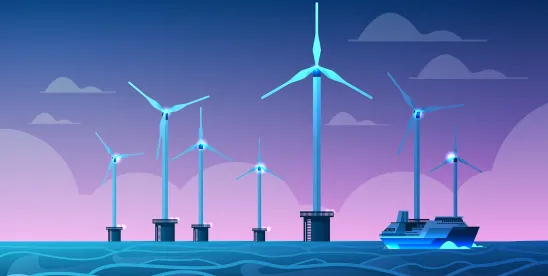Two Boston Globe stories I read this weekend on the rapidly shrinking island of Nantucket this weekend are worthy of your attention.
The first story is about EPA's consideration of a plan to intentionally dump 6600 gallons of sodium hydroxide into the waters south of Martha's Vineyard. You may know sodium hydroxide by its common name which is lye. The 6600 gallons of lye will expand to a 56-acre plume and there is no doubt that it will be toxic for marine life in its path. How toxic the plume will be and for how long are among the things the scientists at the Woods Hole Oceanographic Institute want to study.
If this test is permitted, and goes well, the scientists want to dump ten times that amount fifty miles east of Gloucester next summer.
Why would EPA consider allowing scientists to intentionally dump thousands of gallons of an event temporarily toxic substance into the ocean? Well, the oceans already trap, or “sequester” to use the climate science term, ¼ of the human made carbon dioxide rapidly heating our planet toward the point of no return. The scientists think that “ocean alkalinity enhancement” could further increase the ocean's capacity to safely “sequester” the carbon dioxide we're continuing to emit and, if we don't sequester a lot more carbon dioxide, marine life, and every other kind of life, will suffer even worse effects than those that may be caused by the “alkalinity enhancement”.
The second story is about the continuing response to the failed turbine blade at the Vineyard Wind project in the waters south of Nantucket. For a week, people have been cleaning up pieces of that blade. I had the opportunity to speak with members of a crew of eight workers walking back and forth on the beach trying to find on the shore any of the telltale green foam from the blade. Opponents of wind energy have used this setback to try to relitigate the costs and benefits of using our oceans to generate renewable energy.
What do these two stories have to do with each other apart from the fact that they're both about the waters off the coast of Massachusetts?
Well, the fact of the matter is that we've dealt ourselves a pretty lousy hand by not giving much thought to the carbon dioxide and other greenhouse gases we've been putting into our environment for the past century and a half. All scientists agree that our future is pretty bleak if we don't do some big things about that (A third Boston Globe story today reports on the billions of dollars in Inflation Reduction Act dollars awarded to states including Massachusetts to reduce greenhouse gas emissions), and we know that none of those things are free. In fact, most of them cost a lot of money and many have consequences beyond their price tags.
The generation of energy has consequences. Wind energy is no exception. Would it be better if a turbine blade didn't fail and add to the already considerable solid waste pollution in our oceans and on our beaches? Of course. Does the environmental impact of a blade failure pale in comparison to the impacts of oil and gas exploration, or the burning of fossil fuels, or the generation of nuclear power? Of course. The undeniable fact is that the greatest environmental consequence of the Vineyard Wind blade failure is the resulting delay in the continued generation of wind energy.
The same is true of carbon sequestration. Would it be better if we didn't pollute our oceans with sodium hydroxide? Of course. But our greenhouse gas super charged climate is already boiling our southern waters and devastating our coasts, including on the rapidly shrinking island of Nantucket. Like I said, we've dealt ourselves a pretty lousy hand and we don't have the luxury of folding. The next time someone is complaining about the fact that if they strain their eyes they can see the Vineyard Wind project, or they spied a piece of foam on the beach before it was removed, you might ask them if they've considered the alternatives.




 />i
/>i

